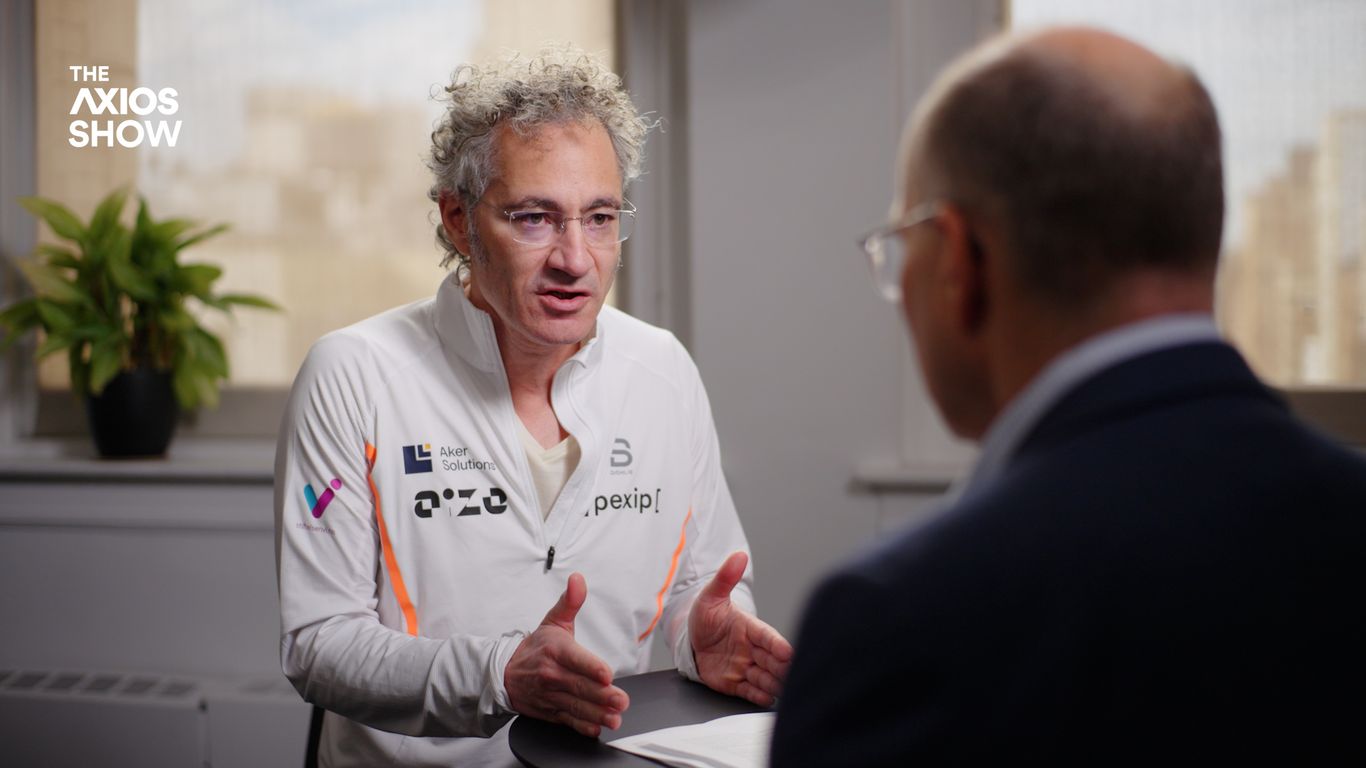
"Karp said that for all the discourse around government surveillance, "no one seems to care" that "98%" of the actual day-to-day monitoring of Americans' activities is done by companies - often "because they want to sell us, like, cornflakes." "That's the reality of life in the West," Karp told Axios' Mike Allen. "That is where the problem is." Friction point: Karp argued that "pattern of life" surveillance is necessary to track a suspected terrorist or pedophile."
""If you expand that to normal citizens, that is surveillance of the kind that no one wants," he continued. Threading that needle requires "very, very precise tools." That, Karp suggested, is where Palantir comes in: "We are monetizing the fact that these decisions are difficult." The intrigue: Karp also offered the more elaborate argument that if governments can't stop terrorist attacks now, they will trample more on civil liberties later."
Ninety-eight percent of day-to-day monitoring of Americans' activities is carried out by companies for commercial reasons such as targeted advertising. Pattern-of-life surveillance can be necessary to track suspected terrorists or pedophiles, but extending that surveillance to ordinary citizens becomes invasive and unwanted. Addressing the trade-off between security and privacy requires very precise, narrowly targeted tools. Companies providing those analytic tools can profit from the difficulty of these decisions. Failure by governments to prevent attacks risks future trampling of civil liberties unless counterterrorism measures actively preserve intimate personal freedoms.
Read at Axios
Unable to calculate read time
Collection
[
|
...
]